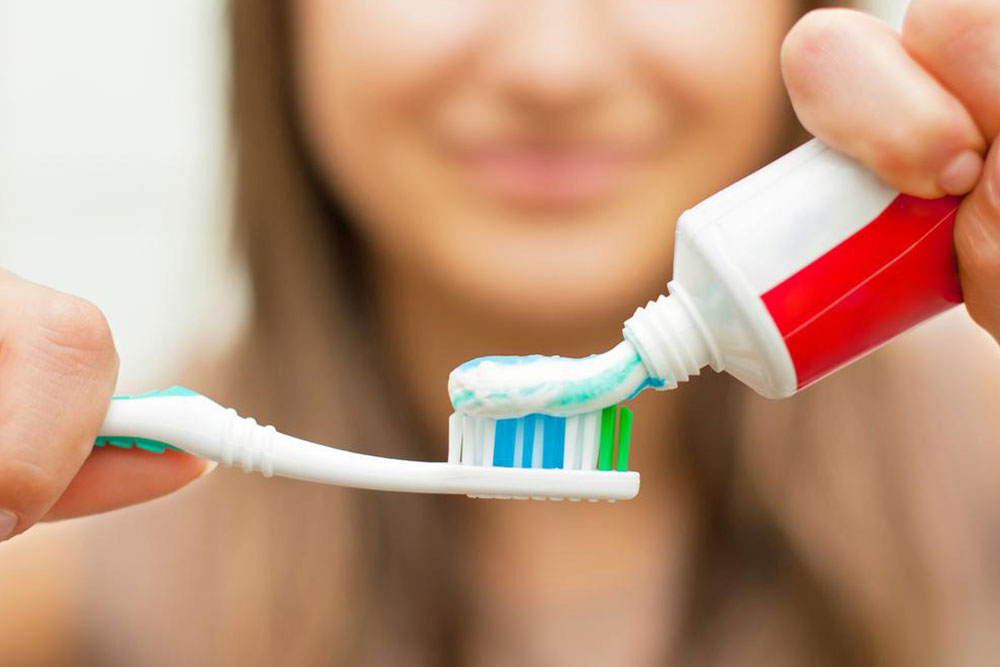Top Strategies to Alleviate Tooth Sensitivity
Discover proven methods to reduce tooth sensitivity, including varnish treatments, fluoride applications, root sealing, and mouthguards. These approaches can help improve comfort and protect your teeth from further damage, with professional guidance. Maintain good oral health and consult your dentist for tailored solutions to sensitive teeth.

Top Strategies to Alleviate Tooth Sensitivity
Experiencing discomfort or tingling when consuming hot or cold foods and drinks might indicate sensitive teeth. This condition often results from enamel erosion or exposed root surfaces. While many dentists recommend reducing acidic foods and using desensitizing toothpastes, professional treatments can provide significant relief if sensitivity affects quality of life.
Here are effective methods to address tooth sensitivity:
Application of Desensitizing Varnish
People hesitant about whitening treatments due to sensitivity can still achieve a bright smile. Dentist-applied varnishes can desensitize teeth beforehand, allowing safe whitening using milder or diluted products, such as over-the-counter whitening strips applied briefly daily.
Fluoride Applications
Fluoride treatments during routine dental visits help strengthen enamel and dentin, potentially reducing sensitivity. Don’t hesitate to opt for fluoride rinses if your dental professional suggests them.
Sealing Exposed Roots
Gum disease can cause erosion of protective tissues, exposing tooth roots and increasing sensitivity. Dentists can seal these areas, preventing further exposure and discomfort.
Root Canal Therapy
For persistent or severe sensitivity, a root canal may be recommended. This procedure removes inflamed or damaged pulp, decreasing nerve sensitivity within the tooth.
Use of Mouthguards
If you grind your teeth at night, you might unknowingly wear down enamel and expose sensitive areas. Wearing a custom mouthguard can prevent grinding, safeguarding against sensitivity and jaw pain.










